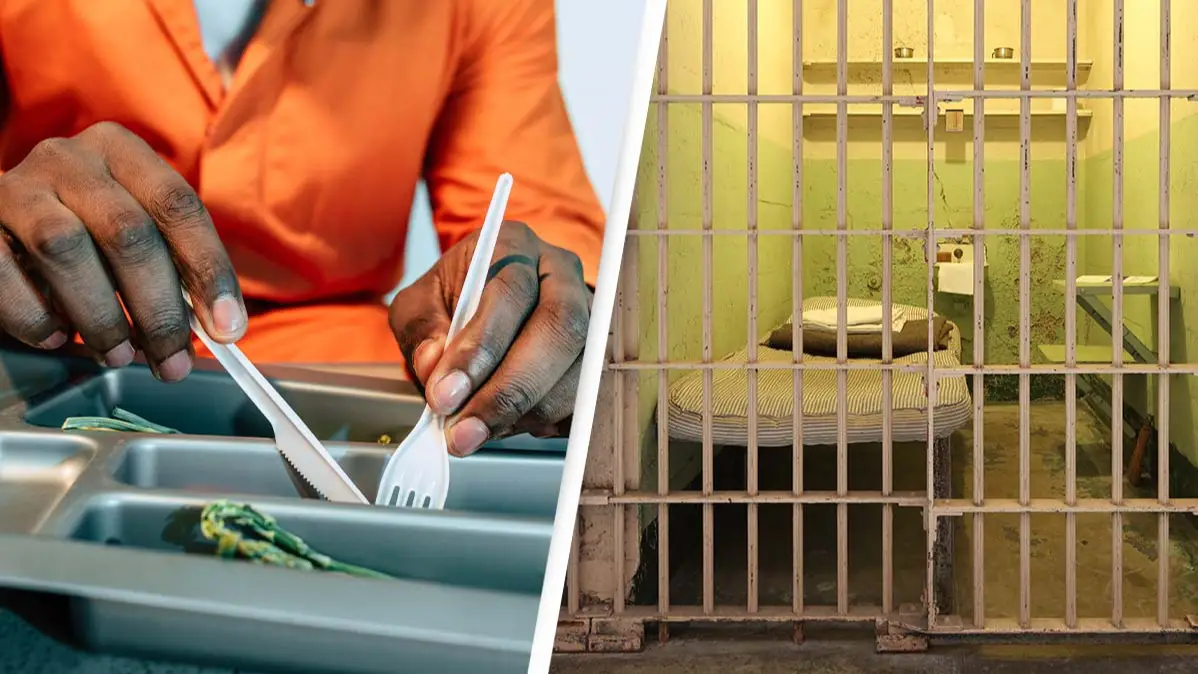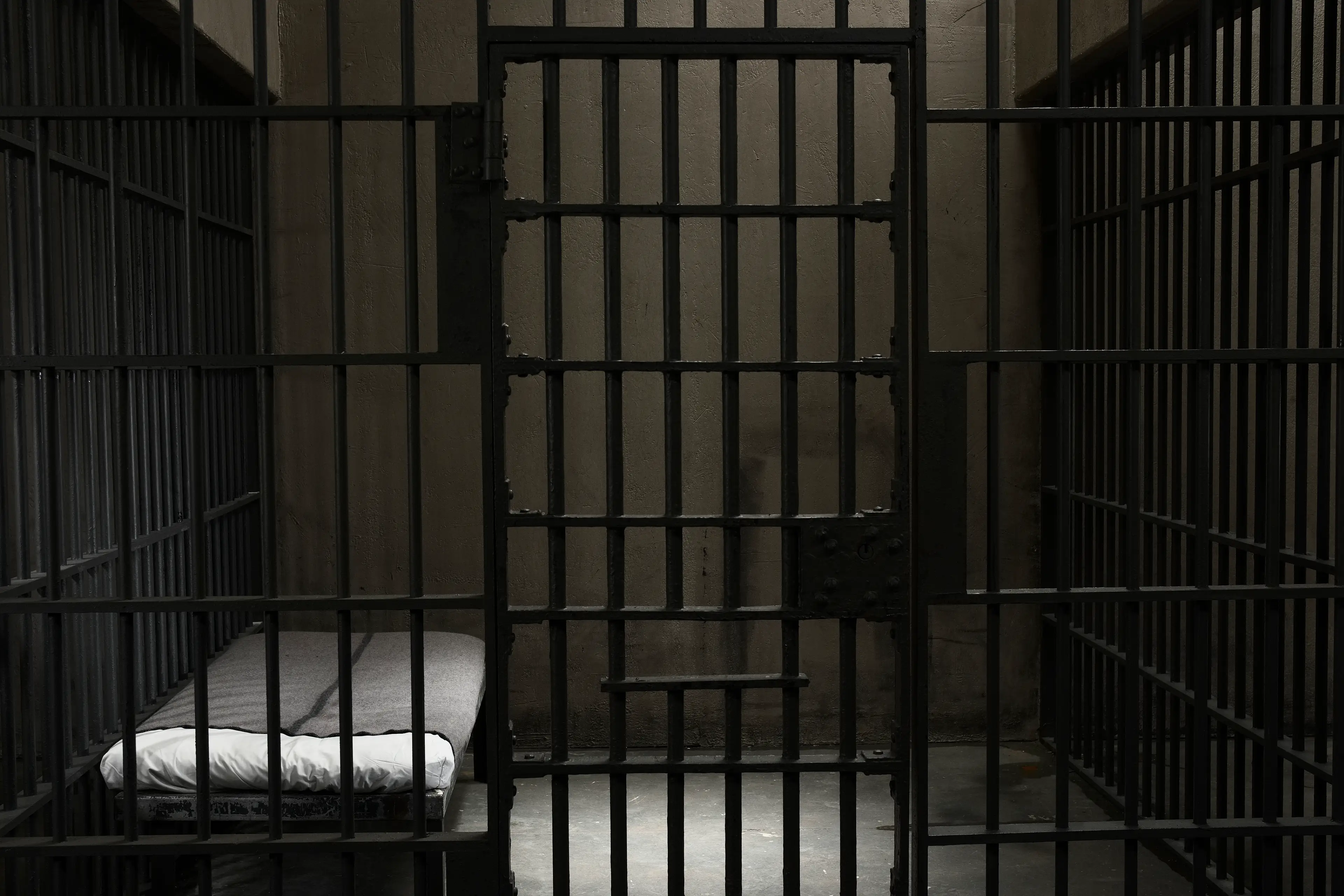
A death row inmate had a heartbreaking reason for not finishing his final meal before being executed.
The death penalty remains a hugely debated topic in the US, where it is still legal in 27 of the 50 states.
But the execution of Ricky Ray Rector in 1992 proved particularly contentious.
Rector was on death row in Arkansas after being convicted in 1982 for the fatal shooting of police officer Bob Martin in 1981, as well as another murder that took place two days earlier.
Advert
After shooting Martin, Rector turned the gun and shot himself in the head, destroying large parts of his brain.
This resulted in him having severe cognitive difficulties, including not having any concept of what death is, or that the people he shot years earlier were not alive.
Speaking to the New York Times in 1992, Jeff Rosenzweig, a lawyer who represented Rector, described his condition.
He said: "He is, in the vernacular, a zombie. His execution would be remembered as a disgrace to the state."

But the execution proceeded despite the protestations of Rector's lawyers.
Eyewitnesses reported that it took multiple attempts for the executioner to find a vein to administer the lethal injection, prolonging the 42-year-old's suffering.
When he was presented with his last meal, Rector sat down to steak, fried chicken, Kool-Aid, and pecan pie.
He reportedly left a piece of the pie untouched, telling officers that he was 'saving it for later'.
The heartbreaking moment could be taken as a confirmation that the condemned man had no real concept of the fate that awaited him, or the crimes he had committed.
Under Arkansas and federal law a person cannot be executed if they are mentally impaired, but this appeal was rejected by the courts.
Another factor in Rector's death is the politician to whom his legal representatives appealed for clemency.
In 1992 the US was gearing up for an election, and the Democratic nominee for president was the governor of Arkansas - Bill Clinton.

Clinton actually returned to his home state while on the campaign trail to make sure that Rector's execution went ahead.
The New York Times would frame his presence as an effort by Clinton to break the conception that the Democrats were soft on crime.
Speaking about Clinton to the outlet in 1992, Rosenzweig said: "My personal opinion is that in his heart of hearts he's against the death penalty. In my opinion, this is a very easy way to show you're tough on crime."
The view that Clinton took a politically expedient decision was shared by Roby Robertson, director of the Arkansas Institute of Government at the University of Arkansas at the time.
He told The New York Times: "I think any intelligent politician has to make judgments on when he gets out in front of popular opinion and when you follow the community intent.
"I think this is one where Bill Clinton feels the people of Arkansas support the death penalty and he's not going to go against it."
Clinton would go on to win the presidency in 1992, defeating George Bush Sr. and becoming president until he stepped down in 2001.
If you or someone you know is struggling or in a mental health crisis, help is available through Mental Health America. Call or text 988 or chat 988lifeline.org. You can also reach the Crisis Text Line by texting MHA to 741741.
Topics: Death Row, Food and Drink, US News, Crime
